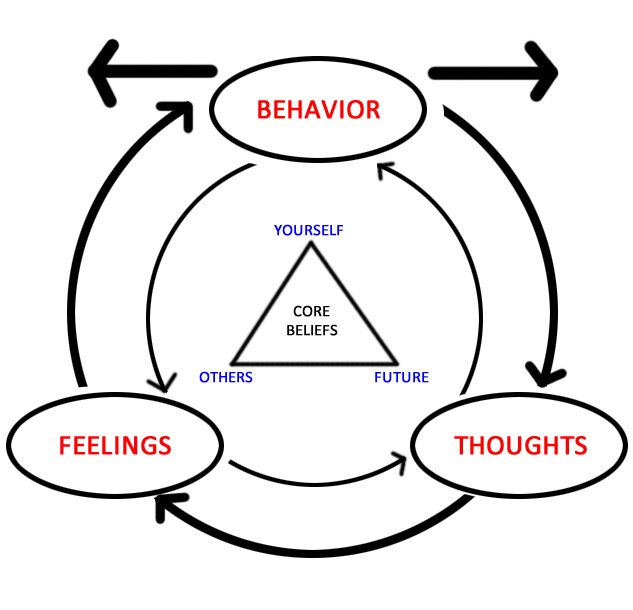What can I help with
I have experience of working with adults and young adults over 16.
I can help with:
Depression and mood disorders
Sadness, grief and bereavement
Anxiety, stress and panic
Sleep Disorders
Post-traumatic Disorders
Personality issues
Parenting
Relational problems
Expat troubles
What is Cognitive Behavioural Therapy (CBT)?
CBT is a particular therapeutic approach developed in the 60’s thanks to the merger of theories coming from Cognitive Psychology and Behavioural Psychology.
CBT has quickly become the most recommended first-line approach to treat a wide variety of psychological issues. Indeed it’s effectiveness is supported by extensive empirical research, that makes it one of the most powerful evidence-based interventions in the field of psychotherapy. In recent years, research has also highlighted that online CBT has the same degree of effectiveness as face-to-face CBT.
We strongly believe that our thoughts, behaviours and emotions are constantly influencing one another. The special and unique way we use to interpret the things happening to us, has a very strong influence on how we feel and on how we will react to them too. Indeed even in distressful situations, it’s not the situation itself creating distress but the specific interpretation we choose to adopt. Our thoughts and beliefs are usually rooted in our past experiences from which we have inferred our knowledge regarding how the world works and what we need to expect. But sometimes it can happen that these beliefs and expectations are applied in a rigid, inflexible and generalised way, creating distress. Consequently, therapy will aim to recognise and change those beliefs causing distress and those particular behaviours that can maintain or worsen the problem.
Key aspects of CBT:
When is CBT useful?
CBT can be used for almost all kind of psychological difficulties, as it is a specific way of approaching mental problems.
In particular, research data highlighted its efficacy in the following areas:
Panic attacks – Generalised anxiety – Health anxiety – Social anxiety – OCD – Post-traumatic problems
- Somatic disorders
- Personality and relational problems
- Self-esteem issues
